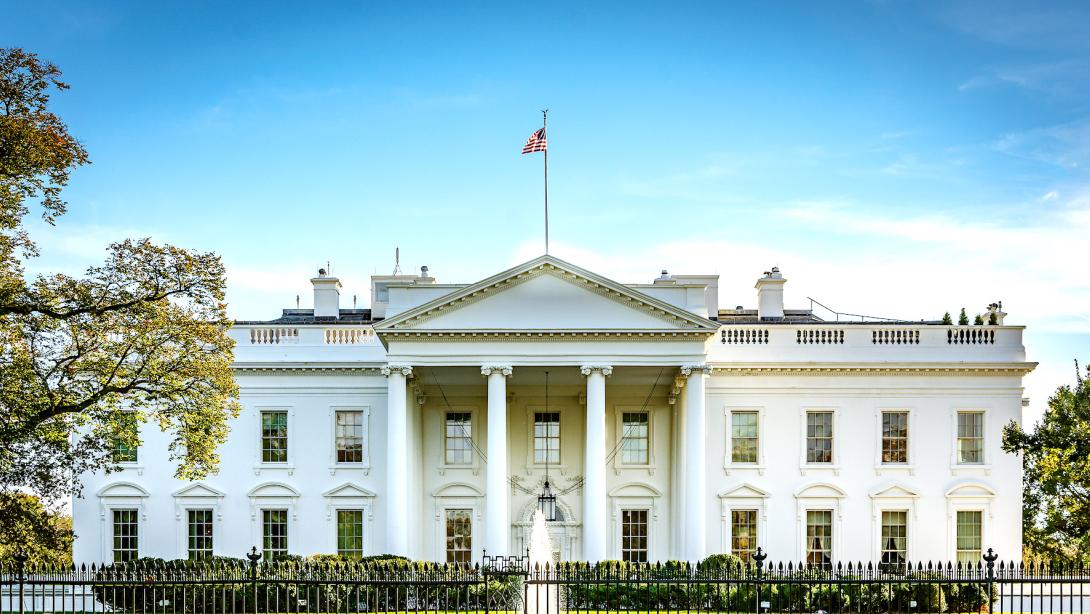
Jason Gerlis, Regional Head – Americas and Caribbean at Ocorian, shares his expert perspective on the potential impact of a second Trump administration on the U.S. market, focusing on mergers and acquisitions, deregulation, corporate governance, tax policy, and the future opportunities and risks for corporate clients.
How do you see the U.S. market evolving in terms of mergers and acquisitions under a second Trump term? Are there new opportunities or risks for corporate clients looking to expand?
The U.S. mergers and acquisitions (M&A) market has been impacted by regulatory constraints in the past, but under a second Trump administration, we can expect a shift. Historically, antitrust policies were quite strict, and Goldman Sachs recently predicted a 15% year-on-year decline in M&A activity in the U.S. However, with Trump's deregulation policies, we anticipate this trend reversing. Wall Street is eager for more M&A activity, with ample capital available for transactions. As long as the prices remain stable for customers, the U.S. will remain open for business. Therefore, the outlook for M&A is positive, and clients in both Europe and the U.S. will likely seize the opportunity.
What impact do you foresee on corporate governance practices, especially with less federal oversight? Should companies expect more flexibility?
It's still too early to tell how Republicans will implement their campaign promises, but we can already see the impacts of deregulation. Crypto, for example, is likely to benefit, with Bitcoin prices recently hitting record highs. The Federal Reserve has even indicated plans to create a crypto reserve, signalling a move towards treating crypto more leniently than traditional financial instruments.
On the flip side, deregulation could have profound implications for ESG (Environmental, Social, Governance) and sustainable investing. Trump’s policies may roll back green regulations that have hindered sectors like oil and gas. While this could boost traditional energy industries, it could also reverse some of the progress made in renewable energy and electric vehicles under the previous administration. That said, it's important to note that Trump’s supporters, especially those from later in the election cycle, do care about renewables, so the full impact on this sector remains to be seen.
Ultimately, businesses thrive on certainty, and now that we know the direction, we can expect a more business-friendly environment for the next four years.
What are your expectations regarding changes to tax policy under a second Trump administration, particularly regarding corporate tax rates and tax incentives? How should corporate clients prepare?
There are two main aspects to consider: domestic and international tax policies. Domestically, the 2017 tax cuts under the Trump administration are likely to be extended, and possibly even deepened. There have been talks of lowering the corporate tax rate to 15%, and further tax cuts for middle and higher earners seem probable.
However, managing the government’s deficit while encouraging spending without exacerbating inflation will be a critical balancing act. The Federal Reserve has recently reduced interest rates, which should help businesses, especially those in the debt markets, but the risk of inflation remains.
On the international front, Trump’s stance on tariffs, particularly with China, could have a significant impact on corporate clients’ supply chains. It's important for companies to review their supply chains and understand how these tariffs may affect their sourcing strategies. In the wake of COVID-19 and recent tariff impositions, businesses should ensure they have options and can quickly adapt to any short-term shocks.
What are your top tips for corporate clients as they navigate a potential change in power under Trump’s second term?
The U.S. economy remains robust and continues to be the fastest-growing economy among the G7 nations. Despite the global challenges of inflation, the U.S. feels very much open for business. With Europe facing economic difficulties and China still recovering from its housing market issues, the U.S. is increasingly attractive for both raising and deploying capital.
For corporate clients looking to operate in the U.S., my top tips are:
- On-the-ground presence: Ensure that you have local expertise and knowledge - people who understand the market and the culture are invaluable.
- Partnerships: Build strong relationships with trusted local partners, including legal and accounting professionals, to ensure compliance and effective business operations.
- Supply chain and customer insights: Review your organisational structure and supply chain to prepare for any potential shocks, and always understand your customer base thoroughly.
By aligning these elements, businesses will be well-positioned to take advantage of the opportunities the U.S. market continues to offer.
Looking to the future
As the U.S. looks ahead to another potential Trump presidency, corporate clients will need to stay agile and prepared for changes in regulation, tax policy, and economic conditions. With M&A activity set to rise, tax policies likely to favour businesses, and a strong economic outlook, the U.S. will remain a key market for global businesses. Understanding the evolving landscape and planning accordingly will be crucial to capitalising on these opportunities.
How can Ocorian help?
At Ocorian, we offer a comprehensive range of fiduciary and corporate services for entities, funds, and special purpose vehicles (SPVs) domiciled in the U.S., the Cayman Islands, Bermuda, the British Virgin Islands (BVI), Europe, Asia, and the Middle East. We support our clients through a variety of corporate scenarios, including mergers and acquisitions (M&A), restructurings and international expansion.
Our dedicated team of professionals brings expertise to help navigate the complexities of cross-border operations, ensuring compliance with local regulations and offering tailored solutions that align with your business objectives.


